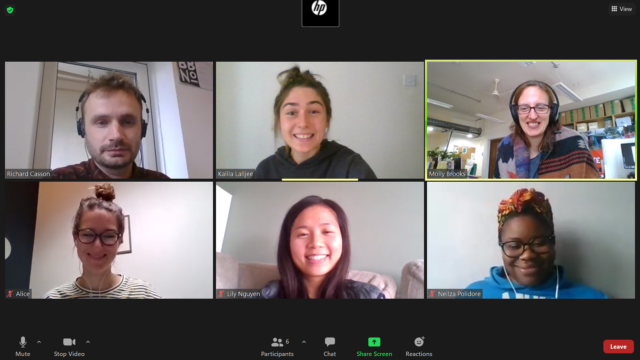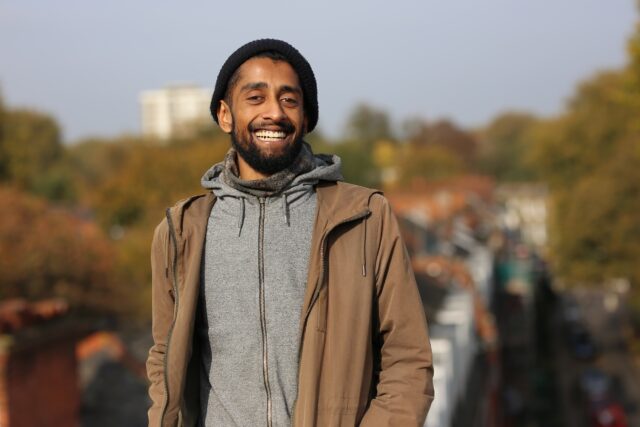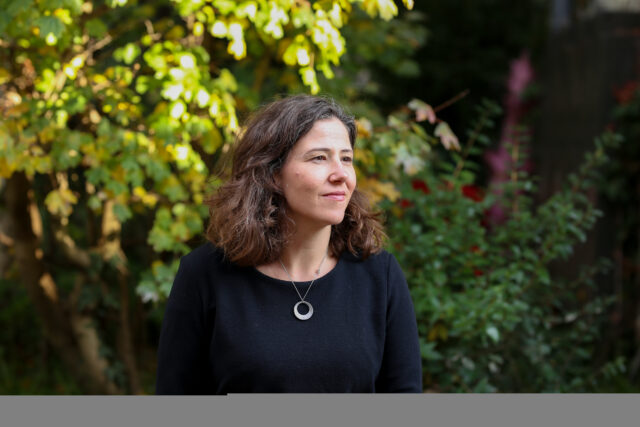
Diversity, inclusion and anti-racism
Greenpeace is an equal opportunities employer. We believe that a diverse culture brings richness to an organisation and inclusion is required to unleash the potential of diversity. Our diversity and inclusion lead, diversity and inclusion group and numerous staff-led groups all help drive this agenda.
Promoting diversity is at the forefront of what Greenpeace does, and our focus doesn’t stop at our staff. We are constantly striving to better diversity in all aspects of our organisation, through who we employ, the experiences we represent and the changes for which we campaign.
We are always improving our understanding on how to be more inclusive and accessible and understand that this is necessary to allow everyone to thrive.
There are many ways that we encourage and promote diversity and inclusion throughout Greenpeace UK.
- We have a diversity and inclusion group which is made up from a range of staff. The group explores issues related to diversity and inclusion, such as race (see more on our anti-racism commitment below), class, neurodiversity, disability, and LGBTQ+ Rights. Their work focuses on ways to remove social barriers and help marginalised people thrive at Greenpeace UK and beyond.
- All Greenpeace employees are required to attend an anti-oppression training. We are striving to create an organisational culture that allows everyone to feel included, engaged and comfortable at work, and to contribute to the best of their ability.
- We have a range of staff-led groups for people to safely discuss their experiences at Greenpeace. These include groups for people of colour, self-identifying women, people who identify as LGBTQ+, and people with ongoing health conditions, disabilities and different abilities.
- We hold regular staff workshops and talks to continue educating ourselves and embedding a strong culture of diversity and inclusion through the organisation.
- Our internship programme focuses on providing opportunities for people who are underrepresented in the industry.
- We publish our gender pay gap information in line with our strong commitment to equality, diversity and inclusion.
- We are striving to ensure that our racial and ethnic diversity reflects the London workforce by 2030, with at least 38.3% of Greenpeace UK colleagues identifying as people of colour.
Anti-racism
We are committed to dismantling systemic racism, creating a community of allies and empowering people of colour.
- We have launched an anti-racism action plan that all Greenpeace employees are accountable for. We have four objectives: to proactively achieve stronger representation of Black people and people of colour across both the wider sector and our own organisation especially within leadership positions; to become strong allies of the anti-racism movement and explicitly expose the links between systemic racism and environmental abuse; organise ongoing anti-racism education programmes for all staff in order to embed a culture of anti-racism into the fabric of our organisation; and continue to review this work to hold ourselves to account and be better.
- We have established an implementation team which is made up of seven colleagues from across the organisation who identify as black, asian or ethnic minority. The team supports the (currently majority white) leadership team and wider teams in their strategic decisions and plans. They offer diverse perspectives and keep the bar high on our commitment to tackling systemic racism.
- We acknowledge that systemic racism and other systemic inequalities negatively impact people of colour in terms of their access to education, opportunities, and experiences. To overcome this barrier, we have launched an Equity and Empowerment programme for people of colour at Greenpeace to help them thrive at work and explore their potential.
- We hold regular workshops and talks to continue our education.



